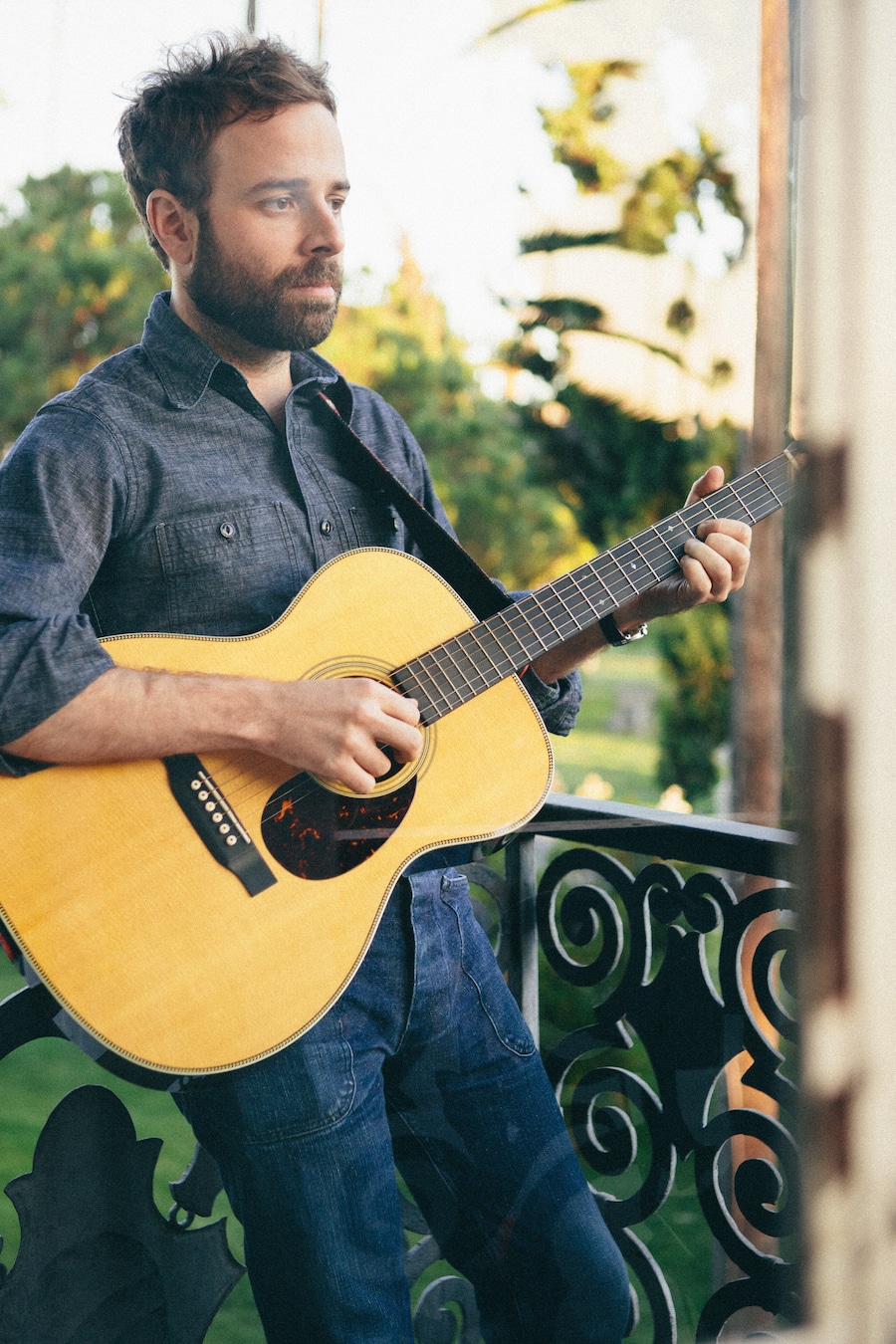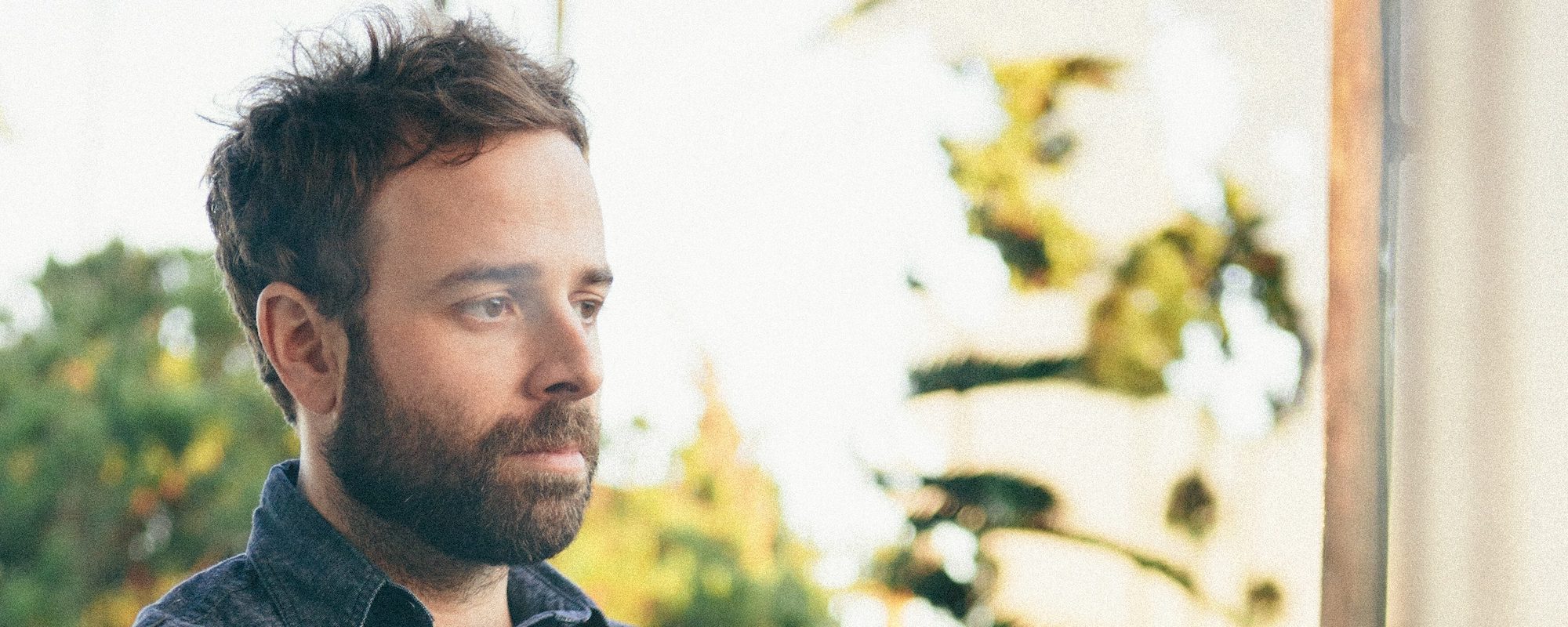
I’m right in the middle of reading the book, Will Oldham On Bonnie ‘Prince’ Billy, edited by Alan Licht, and currently listening to a lot of Oldham’s music, so he’s been on my mind lately. I was introduced to Oldham’s records Superwolf and I See A Darkness by my oldest pal Blake Mills, who has always had a perfect sense of what kind of songwriters would resonate with me.
Videos by American Songwriter
I listen closely to Blake’s recommendations, but with Oldham my appreciation took an extra second. I knew I liked the songs but there were elements I felt like I didn’t have access to; qualities of a strong personality that I needed to understand a little better before really getting on board. For me, the records Master And Everyone and Greatest Palace Music put everything else into perspective. I fell in love with all of Oldham’s songs and had to get a hold of every record. This is part of the process with every artist with whom I fall in love. They challenge me by being true originals, being so fearlessly and effortlessly themselves, that, based on what they’ve shown me, I have to reconfigure all the possibilities of what songwriting can be. I felt this when I first discovered other greats like Bob Dylan, Leonard Cohen, Joni Mitchell or Warren Zevon.
The book I mention above is a series of interviews with Oldham. He talks about a relationship with songwriting that seems very uniquely his own. None of his songs are about him, and they’re “meant to have a psychic, rather than factual, bearing on the listener … It’s real life of the imagination. I will always rewrite a song that seems like it is too connected to a real event, because the intention is always to create a hyperreal event, so that, ideally, more people can relate to it.” I only wish this powerful observation on the hyperreality of songwriting was as obvious and as natural to me as it was to Will.
Songwriting, if the songwriter’s relationship with storytelling isn’t carefully looked after and tended to, can unfortunately be a means by which one indulges one’s narcissistic tendencies. Oldham seems to have understood that from the day he began writing songs. He’s mindful of that spiritual and cathartic potential that goes along with being an artist. Oldham doesn’t exploit his own relationships and experiences or dwell on his darker and more hopeless attitudes because he sees how well it sells; rather, Oldham holds fast to the idea of art-as-enlightenment, of art-as-transcendence.
This has been an invaluable lesson for me. For the past few years now in my own music I’ve found a growing urge to get away from writing my own life. I felt like this confessional songwriting was damaging to myself, and more importantly, unfair to those around me. But I couldn’t have articulated this dilemma at the time, at least not until I started trying to deconstruct my appreciation for Oldham’s music and figure out why it hit me so hard. Personal experiences will always inspire songs, but I’m learning that the “experience” in of itself is never what draws a listener to the material but rather what the song suggests or offers in a broader sense, beyond that personal experience … i.e., the “hyperreal event” that Oldham is talking about. Therefore, if a writer can get their hands on the heart of the matter, the raw manna of why a good song hits us so hard, they don’t need to hook listeners by dealing in personal details that can sometimes feel indecent, or at the very least, manipulative.
As a role model, Will Oldham has shaped my broader approach to songwriting. But in writing this appreciation I didn’t quite have the chance to discuss all of the incredible songs on the 28 (I think?) albums and countless singles … or the incredible voice … or the inspired approach to playing live. I love all of Oldham’s work and couldn’t recommend him more as an artist of transcendence and enlightenment.
It’s important, as a songwriter, to reevaluate every once in a while what it is you spend most of your time doing; to make sure that it is edifying and not too destructive. Songwriting, or art in general, is a good example of one of those things that can kind of go both ways; but I’m grateful that there are artists like Will Oldham out there to remind me of the power of music and great songwriting.
Taylor Goldsmith is a singer and songwriter for the rock band Dawes. The band’s latest album, We’re All Gonna Die, is out now.












Leave a Reply
Only members can comment. Become a member. Already a member? Log in.